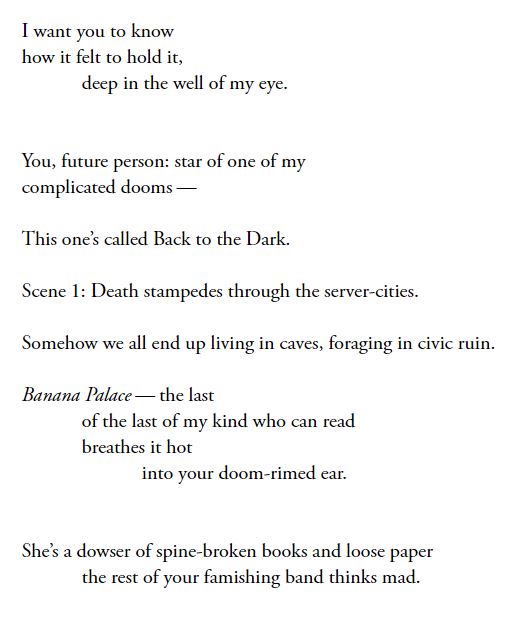(Memory Foam is a series of short fiction pieces that attempt to capture the ways we travel back and forth in time through our sudden, unexpected memories.)
Raymond Guest, working from home, finished his conference calls and and decided to take a shower at 3:30 in the afternoon. Before the shelter in place order, he had always showered in the morning, when it was dark, and he had worried when cars passed whether they could see his head through the high square bathroom window, and that their drivers would see him, and know he was showering.
But today as he let the warm water run over him, the sun through the window was bright and the streets were empty except for two bicycle riders stopped and straddling their bicycles at the intersection, the woman waving a fingerless gloved hand emphatically while the man stared at his smartphone. As Guest tilted his head back to let the shower rinse the shampoo from his hair, he closed and raised his eyes, which were then hit by direct sunlight through the window, flooding through his eyelids and filling his field of vision with a vast and turbulent orange.
The orange light and warmth were the same he had seen once, age 12, in a eucalyptus grove in the Northern California town he had grown up in. He had ridden his BMX bike up his family’s cul-de-sac to a fire road and then to a deer trail, and only stopped cycling when he found a culvert pipe high up the hill in a little clearing. The culvert was there to divert water down to a creek bed instead of onto the streets and houses where Ray and his family and neighbors lived. His mother had yelled at him because he had forgotten to empty the dishwasher, his father had intervened to tell her not to yell at him, and soon his parents were yelling at each other and ignoring him as he stood there in the yellow kitchen that smelled of linoleum and cleaning fluid. He had left them like that, unnoticed, and headed up the hill.
Other people had been in this grove, he could see. There were bike and motorcycle tracks, old cans of Budweiser—so old that they had been opened with a handheld can opener, what his dad always called a “church key”—and a pornographic magazine lay near the culvert pipe’s opening, bloated from rain and sunned into white and blue. But nobody was there with him now and there was almost no sound. No birds, no wind. He lay his bike down, leaned his back against a eucalyptus tree, and slid down onto his bottom. The dust he sat on was very fine, almost like talcum powder, and red and green eucalyptus leaves lay on top of it, like sickles thrown down by farmers no longer willing to harvest.
He was hot, from anger and heat, but the tree against his back was cool. In an hour or so he would leave and go back home, and find the dishwasher empty, his mother smoking a long thin cigarette while she watched the news in a darkened living room, his father in the bedroom with the door closed, light outlining its shape in the dark hall, and he would go to his room and fall asleep without saying goodnight to anyone. A year later his parents would be divorced and the house sold. But as he closed his eyes and let the sunlight wash over his eyelids in the grove, staring into the orangish warmth, he decided, with great conviction, that he would stay right there, just like that, forever.


